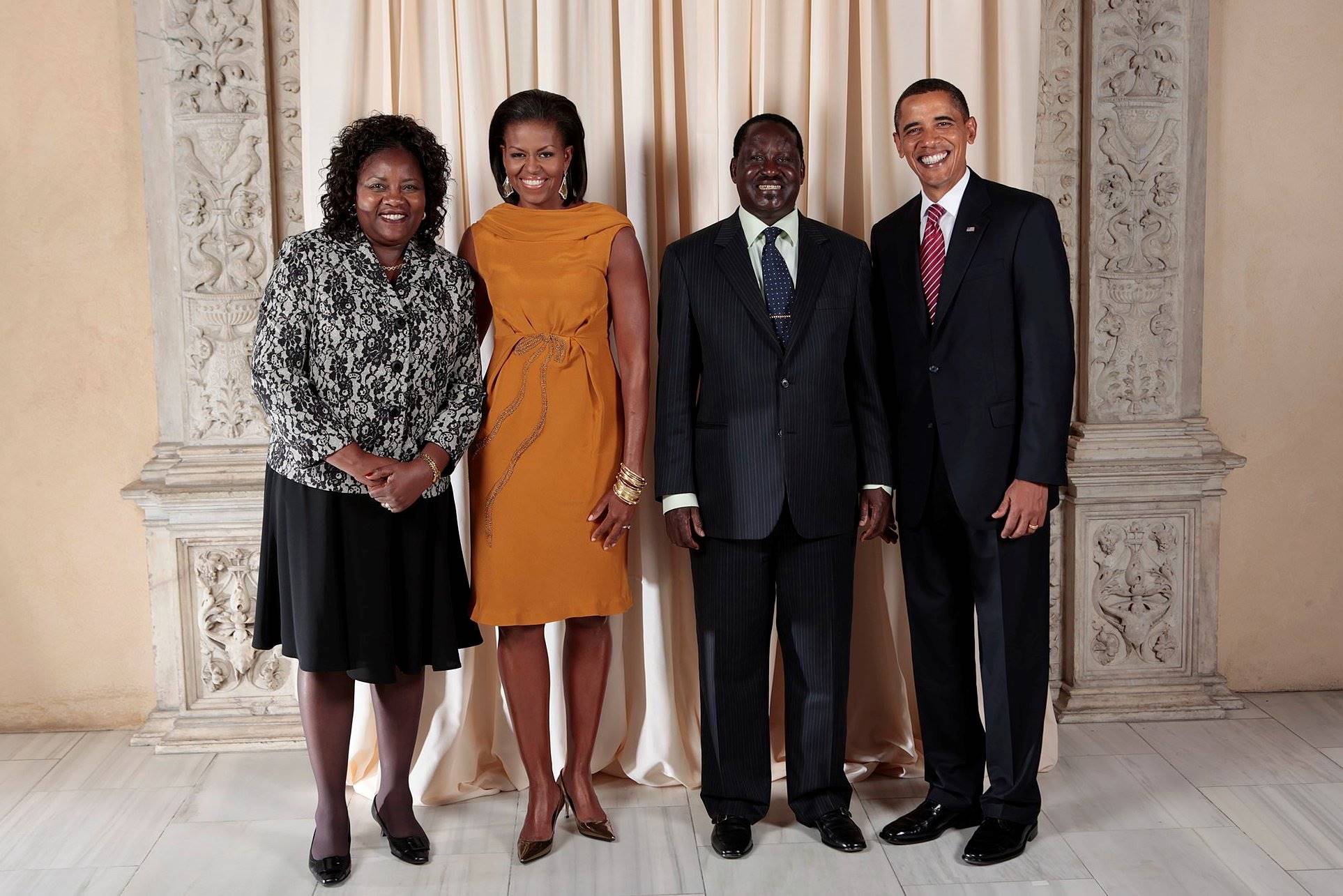Kenya shilling hits historic low against dollar despite Central Bank's efforts

The Kenyan shilling plunged to a historical low of Sh160.23 against the US dollar on Monday, raising the alarm about a prolonged period of record weakening.
The Kenyan shilling plunged to a historical low of Sh160.23 against the US dollar on Monday, raising the alarm about a prolonged period of record weakening. This nosedive comes despite the Central Bank of Kenya's (CBK) recent efforts to stabilize the currency.
Just weeks ago, the CBK swung a hefty hammer, hiking interest rates by 200 basis points in a surprise attack against the persistent shilling slump. This aggressive move aimed to stem the tide of inflationary pressures already rippling through the economy due to the currency's devaluation. However, the tactic seems to have fallen short, leaving the shilling on a downward spiral.
More To Read
- TIFA survey: UDA most popular party at 16 per cent, ODM second with 13 per cent
- Three years of William Ruto: The successes and failures shaping his legacy as president
- State House faults 'The Economist' over editorial on Kenya's authoritarian drift
- President William Ruto reinstates Charles Nyachae to Kenya School of Government post
- Report reveals State House blew Sh1 billion on local travel in nine months
- Budget shortfall threatens Ruto’s Sh29.7 billion youth empowerment programme
The Monetary Policy Committee, the CBK's brain trust, declared in its announcement that the exchange rate's depreciation demanded decisive action. Governor Kamau Thugge expressed alarm over the local currency's past overvaluation, emphasizing the urgency of resetting the foreign exchange market. In fact, Thugge admitted to a miscalculation on December 6th, stating that the shilling had been artificially strong for too long.
"There have been significant adjustments," Thugge said, "and we now feel the shilling has depreciated enough, perhaps even overshot its equilibrium rate."
Despite the CBK's intervention and subsequent market adjustments, the shilling continued its descent, casting a shadow over the effectiveness of the measures taken. A weak shilling against the dollar unleashes a storm of consequences across Kenya's economic landscape.
One immediate effect is the rising cost of importing goods and services. As a net importer, Kenya relies heavily on foreign products, from fuel and raw materials to everyday consumer goods. With a weaker shilling, the price tags on these imports climb, fueling inflation and eroding purchasing power, particularly for those on fixed incomes.
Higher import costs can also contribute to broader inflationary pressures, pushing up the price of domestically produced goods as manufacturers grapple with increased input costs. The result can be a vicious cycle, eroding the real value of money and impacting the standard of living for everyone.
However, a silver lining can be found in the export market. A weaker shilling makes Kenyan products more competitive on the global stage, potentially boosting export revenue. But, this advantage hinges on sufficient growth in exports to offset the ballooning import bill. If not, the trade deficit widens, adding another layer of strain to the economy.
Furthermore, a depreciating currency pinches the government's budget. Servicing foreign-denominated debt becomes costlier, as more shillings are needed to purchase the necessary dollars. This burden can divert resources from vital public services and investments, negatively impacting overall economic health.
Finally, a weakening shilling can dent investor confidence, prompting foreign investors to become more cautious and hesitant to pour funds into Kenya. This could hamper foreign direct investments and portfolio investments, further hindering the financial markets.
Top Stories Today















































